UBS Philanthropy UK, a branch of the financial services firm, says that several high net worth Islanders have expressed an interest in improving child development in Jersey following the publication of the report it commissioned.
The report, published last week by Philip Wilson, professor of primary care and rural health at the University of Aberdeen, and Louise Marryat, a post-doctoral researcher from the University of Glasgow, outlines the current landscape of early childhood in Jersey as well as identifying gaps in current services and making recommendations on what improvements should be introduced.
As part of the research, a number of Islanders involved in shaping early years services in Jersey were interviewed, including Chief Minister Ian Gorst, Fiona Vacher, chief executive of Jersey Childcare Trust and Julie Gafoor, chief executive of Family Nursing and Homecare.
A number of sites, including The Bridge Centre, Leeward Nursery and the William Knott Centre at Overdale Hospital were also visited.
The Jersey picture
Jersey has about 1,100 births a year. However, as data is not held in any systematic way on children coming to the Island, it is difficult to give an accurate estimate of the total population of pre-school children.
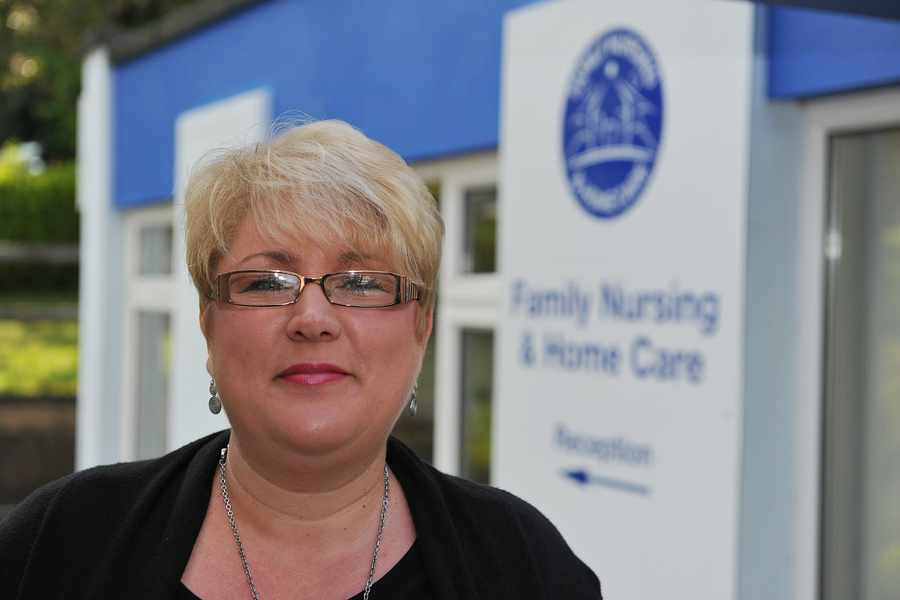
A high proportion of parents are in full-time work, and more than 80 per cent of mothers of pre-school children are employed. About 1,000 pre-school children are of families receiving income support, while levels of divorce and lone parenthood are reported to be higher than UK averages.
According to the 2011 Jersey census, 50 per cent of individuals in the Island are of Jersey origin, 33 per cent are from England, Scotland, Wales or Ireland, and seven per cent of the population are Portuguese, particularly Madeiran origin.
Some evidence of good practice was found in Jersey, and the report said that there had been a ‘strong policy commitment’ to improving pre-school services in recent years.
It added that there had been clear support for The First 1,001 Critical Days agenda – a period which experts say is crucial in a child’s development – which urges greater support from conception to the age of two.
Meanwhile, the report said that most general practices accommodate a community midwife and that communication between GPs and midwives appears to be good.
The report also praised a new scheme provided by the charity Family Nursing and Home Care whereby health visitors give a structured programme of intensive home visiting for vulnerable families identified during pregnancy.
Problems with data
One of the most serious problems identified by the report relates to a lack of coherent data on pre-school children.
Children born in Jersey are known to the authorities because they are given a JY number at the time of the registration of their birth. This means that Jersey-born children are likely to be registered with a GP, immunised, have a development assessment at six weeks and are known to a health worker.
However, children who come to the Island tend to remain unknown to services until they are eligible for their free pre-school term-time nursery provision. This is because the JY number issued by Social Security to adults seeking work in Jersey is not issued to any dependent adults or children.
There are some data systems in place, such as the GP records system, which was introduced last September, but the report said that this was not fully functional. It also found that the health visitors reporting system is largely paper-based, not electronic, and that the social work system is currently being redesigned.
The report stated: ‘The main impact of this fragmented system is that it is virtually impossible to know whether the services which are provided, many of them excellent, are in any way matched to the needs.’
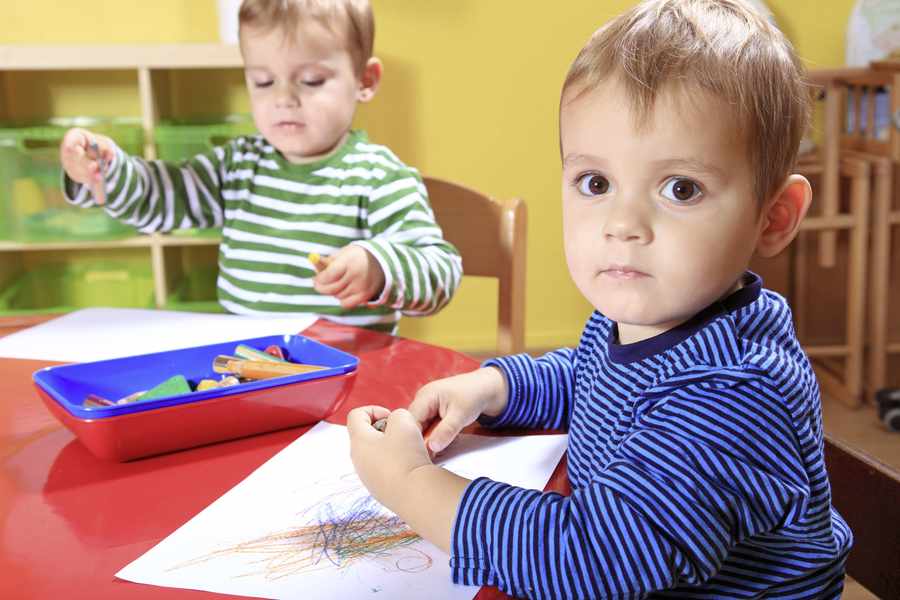
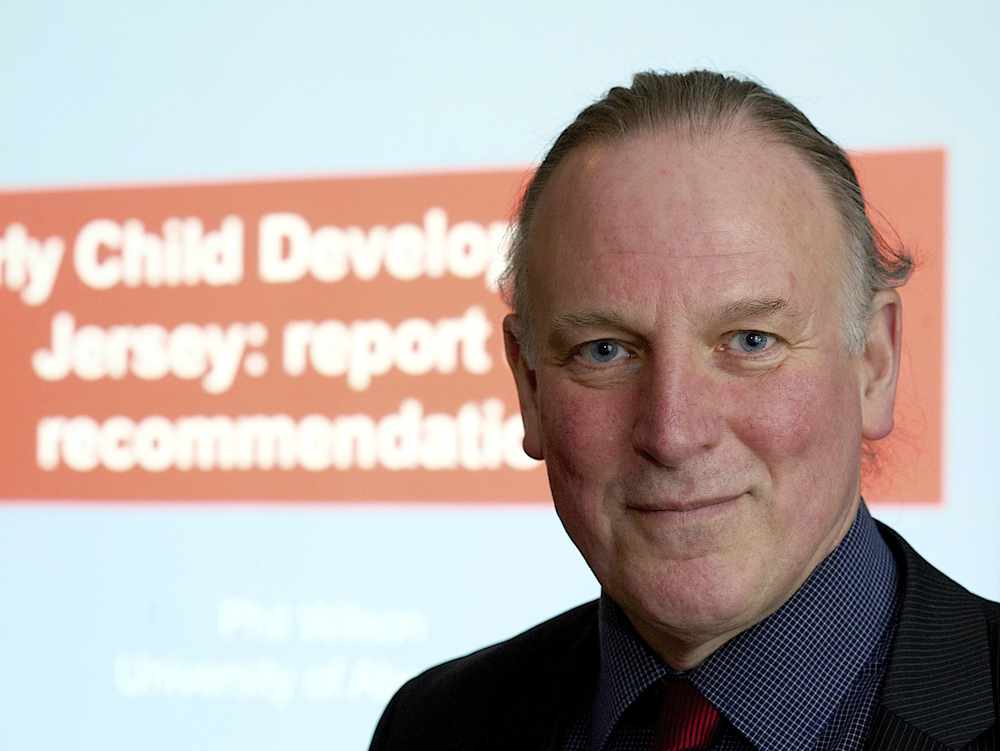
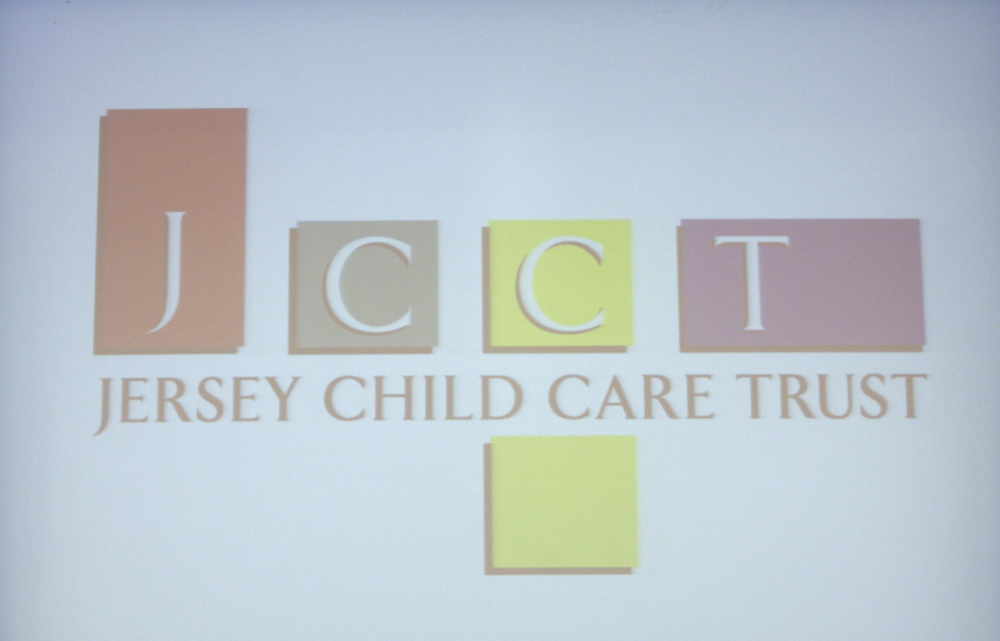
- Set up in 1997, the Jersey childcare charity aims to promote high quality, affordable childcare for all.
- The charity provides information and services for childcare providers, families and other professionals.
- They say: Research tells us just how important it is for children to be able to access quality childcare services from their earliest years and so all that we do works towards achieving this aim for all in Jersey.
- The charity is based within the Bridge Centre for Families and the Community.
- The work of the trust is governed by a board of trustees.
What to do
Here are the recommendations of the report:
- Increase the number of health visitors. Health visitors currently have an average case load of more that 330 pre-school children, which is above the UK recommended figure of 250. The report also recommended that every family should know who their health visitor is and that every child should have a developmental assessment of their physical and communication skills at the age of two. Current coverage is thought to be about 60 per cent.
- Expand the number of childrens centres in Jersey: The report stated that the expansion of locally accessible childrens centres beyond The Bridge and Samarès would be desirable. It suggested using the parish system or primary schools to roll out similar centres across the Island.
- Increase the quality of childcare and education services. The report called for the introduction of high-quality publicly accessible inspection reports of pre-schools. It added that urgent consideration should be given to informal or illegal unregistered childcare. It was suggested that a national public health campaign which would support the value of reading and having conversations with young children should be introduced in Jersey.
- Improve data quality: The problems with data quality and communications between IT systems needs to be addressed as a matter of urgency, stated the report. It suggests that using a common identifier number in all public record systems would greatly improve the situation and make accurate data linkage possible.
Can Jersey be the best place to grow up in?
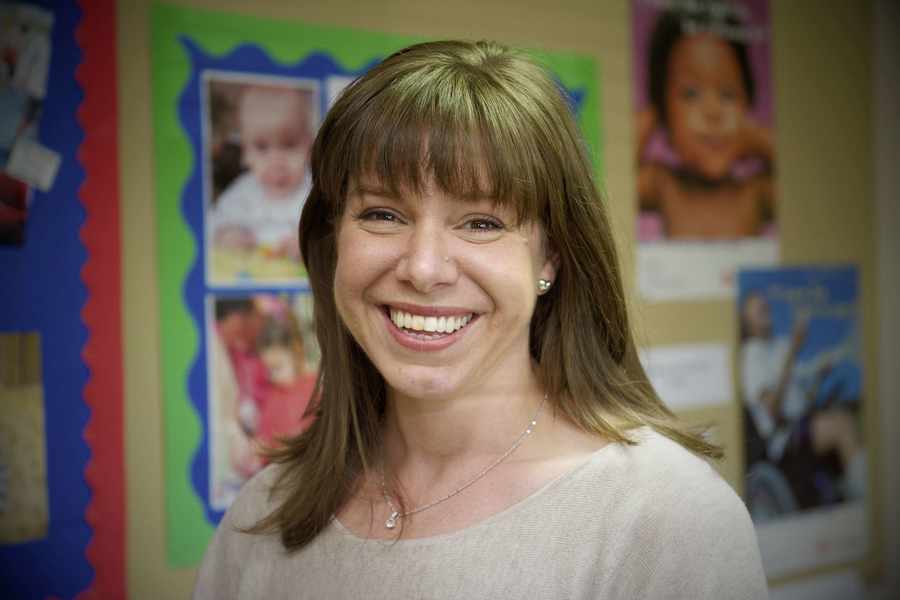
The report concluded that although there are a number of barriers to Jersey becoming a global leader for early childhood development, the Island also has many social and institutional strengths as well as excellent services and outdoor facilities.
It said that there was little doubt that Jersey could become a world-leading centre but said that ‘strong institutional leadership’ would be needed.
The report added: ‘Meeting the challenges in optimising early childhood development for all the children in Jersey will require some modest investments in a range of child and family services.
‘But equally importantly, it will require a strong commitment to measuring outcomes and establishing what works best in the Jersey context.’
THE revelation that poor quality data handling means that many young children are only becoming known to the authorities when they start school raises a number of concerns.
According to a report released today by the UBS Optimus Foundation into early child development issues, inadequate information is held by medical professionals and States departments.
Some parents of those ‘unknown children’ are turning to illegal childcare, and paying as little as £1 an hour so that they can go out to work.
Chief Minister Ian Gorst has acknowledged that ‘more can be done to ensure that all children get the best start in life’.
But how can he do that if he does not know how many pre-school children there are in Jersey?
As a matter of urgency, the States must get a handle of how many children are arriving with families coming to live in Jersey.
Without a more thorough approach to population, how can Jersey properly plan for the future?







